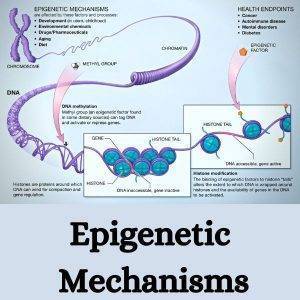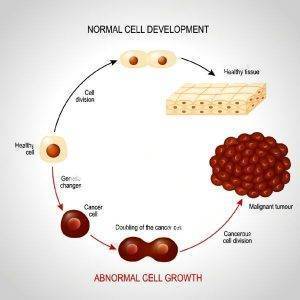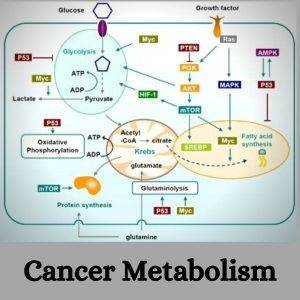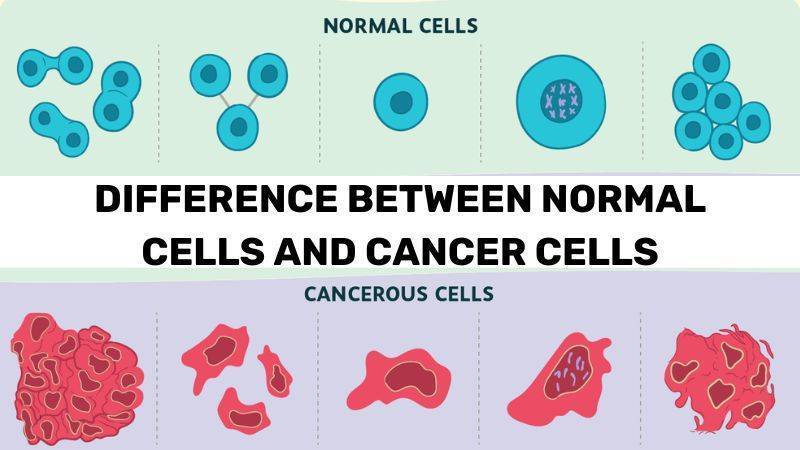“Cancer Cells: Different in More Ways Than One.”
Cancer cells are abnormal cells that can grow and divide uncontrollably, invading and destroying healthy tissue. These cells resist the body’s natural defense mechanisms, allowing them to survive and grow.
Impact of Epigenetic Changes on Cancer Cell Behavior
Epigenetic changes are alterations in gene expression that occur without changes to the underlying DNA sequence. These changes can have a profound impact on the behavior of cancer cells, influencing their growth, proliferation, and metastasis. These changes can affect the expression of genes involved in cancer cell behavior, such as those involved in cell cycle regulation, apoptosis, and angiogenesis.
These changes can affect the expression of genes involved in cancer cell behavior, such as those involved in cell cycle regulation, apoptosis, and angiogenesis.
Epigenetic changes can also affect the expression of genes involved in the development of drug resistance. For example, epigenetic changes can lead to the silencing of genes involved in drug metabolism, resulting in decreased drug efficacy.
The study of epigenetic changes in cancer cells has revealed that these changes can have a significant impact on the behavior of cancer cells. For example, epigenetic changes can lead to the upregulation of genes involved in cell proliferation and metastasis, resulting in increased tumor growth and spread.
Additionally, epigenetic changes can lead to the silencing of genes involved in apoptosis, resulting in decreased cell death and increased tumor survival.
Currently, several strategies are being explored to target epigenetic changes in cancer cells, including the use of epigenetic drugs, dietary interventions, and lifestyle modifications.
Mutations in Cancer Cell Development
 Mutations are changes in the genetic code that can occur naturally or be caused by environmental factors such as radiation or chemicals can lead to the development of cancer cells, which can then spread throughout the body.
Mutations are changes in the genetic code that can occur naturally or be caused by environmental factors such as radiation or chemicals can lead to the development of cancer cells, which can then spread throughout the body.
These mutations can affect the way cells grow and divide, leading to the development of cancer cells.
Mutations can occur in any gene, but some genes are more likely to be mutated than others. For example, mutations in the p53 gene are associated with a variety of cancers, including breast, ovarian, and colorectal cancer.
Mutations can also affect the way cells respond to signals from other cells. This can lead to uncontrolled cell growth and division, which is a hallmark of cancer.
In addition to mutations, other factors can contribute to cancer cell development. These include environmental factors such as smoking, diet, and exposure to certain chemicals. Genetic factors such as inherited mutations can also play a role.
Researchers can identify which genes are most likely to be mutated in cancer cells and develop targeted therapies to target those genes. This can help to reduce the risk of cancer or slow its progression.
Differences in Metabolism Between Cancer Cells and Normal Cells
Cancer cells and normal cells differ in their metabolism, which is the process of converting food into energy and building blocks for cellular growth and repair.
Metabolic differences between cancer cells and normal cells can be used to understand the development of cancer and to develop new treatments.
Cancer cells have a higher rate of glycolysis, the process of breaking down glucose to produce energy, than normal cells. This is known as the Warburg effect, and it is thought to be a result of mutations in the genes that regulate metabolism.
Cancer cells also have higher levels of lactate production, which is a byproduct of glycolysis. This suggests that cancer cells are more dependent on glycolysis for energy production than normal cells. Cancer cells also have higher levels of amino acid metabolism than normal cells. This is thought to be due to the increased demand for building blocks for cell growth and repair.
Cancer cells also have higher levels of amino acid metabolism than normal cells. This is thought to be due to the increased demand for building blocks for cell growth and repair.
Cancer cells also have higher levels of fatty acid metabolism, which is used to produce energy and synthesize lipids for cell membranes.
Cancer cells have higher levels of glutamine metabolism than normal cells. Glutamine is an amino acid that is used to produce energy and synthesize nucleotides for DNA and RNA. This suggests that cancer cells are more dependent on glutamine for energy production and DNA and RNA synthesis than normal cells.
These cells have higher levels of angiogenesis, which is the formation of new blood vessels. This is thought to be due to the increased demand for nutrients and oxygen to support the growth of cancer cells.






